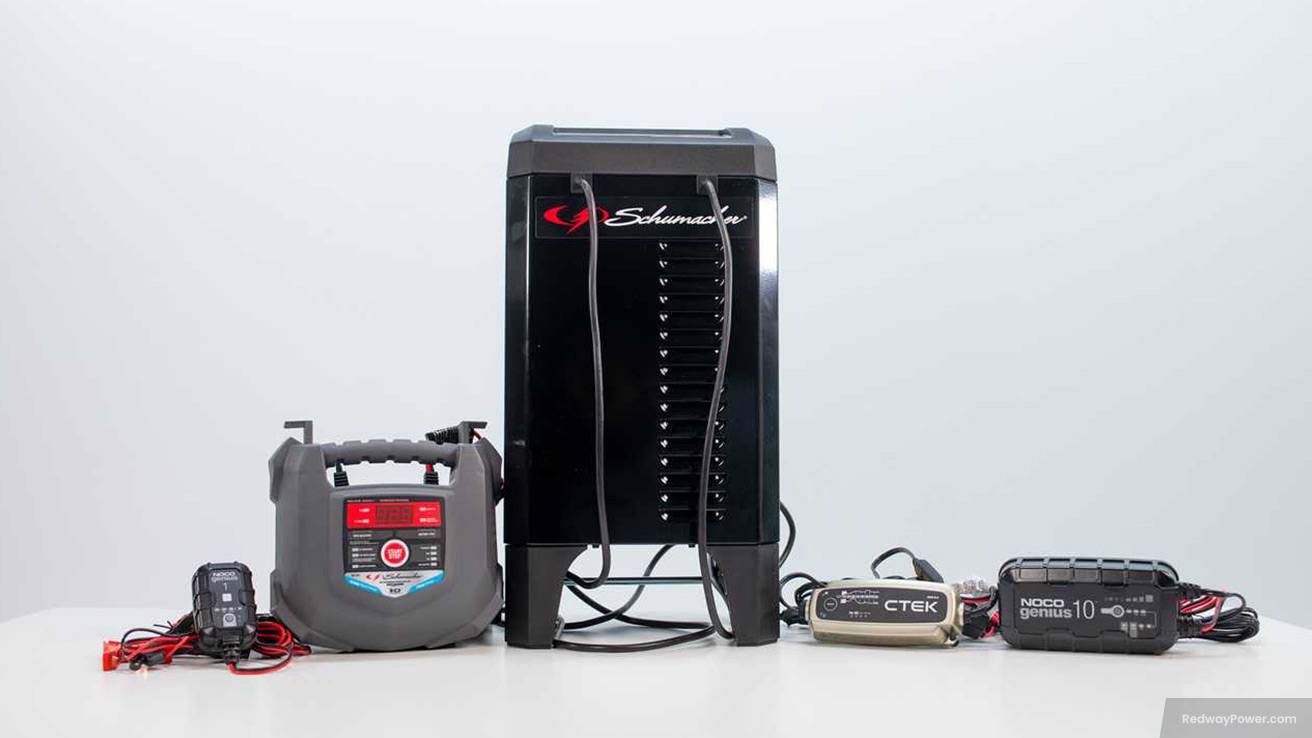Ever considered using any charger for your lithium battery? Hold tight as we unveil the truth about the consequences. As an SEO expert, I’ll guide you on the importance of the right charger, potential risks, and alternatives for safe charging. Let’s explore how to keep your lithium batteries at their peak!
The importance of using the correct charger for your battery
Using the correct charger is vital for battery health, especially for sensitive lithium batteries. Let’s explore why:
- Charging Requirements:
- Lithium batteries demand specific voltage and current for optimal performance and safety. Using the wrong charger can lead to overcharging or undercharging, posing risks like overheating or reduced lifespan.
- Consequences of Overcharging:
- Overcharging a lithium battery can cause overheating, potentially leading to damage or fire hazards. It’s crucial to match the charger to the battery’s requirements to avoid such risks.
- Advanced Charging Technologies:
- Lithium batteries rely on advanced charging technologies like constant current/constant voltage (CC/CV) chargers. These ensure safe and efficient energy transfer during the charging process.
By using the right charger designed for your lithium battery, you not only prevent potential hazards but also ensure optimal performance and longevity.
Understanding lithium batteries and their charging requirements
Understanding the charging requirements of lithium batteries is crucial for their longevity and safety. Let’s explore why:
- Precision in Charging:
- Lithium batteries need a precise and controlled charging process. Regular chargers may not provide the specific parameters required, risking overcharging or undercharging, leading to reduced lifespan and potential safety hazards.
- Specialized Lithium Battery Chargers:
- Using chargers designed for lithium batteries is essential. These chargers incorporate safety features such as voltage control and temperature monitoring, ensuring the correct current levels for optimal performance and safety.
- Risks of Incompatible Chargers:
- Incompatible chargers can generate excess heat during charging, accelerating the degradation of lithium batteries. Additionally, using the wrong charger may void warranties and pose risks to your device’s battery health.
By adhering to manufacturer guidelines and using genuine chargers designed for lithium-ion batteries, you ensure safe and efficient charging, prolonging the life of your device’s battery.
Potential risks of using a regular charger on a lithium battery

Using a regular charger on a lithium battery might seem convenient, but it poses significant risks. Let’s delve into the potential dangers:
- Overcharging Hazards:
- Lithium batteries have specific charging requirements. Regular chargers may lack the necessary safeguards, risking overcharging. This can lead to excessive heat, thermal runaway, and even explosions, posing severe safety concerns.
- Undercharging Risks:
- Regular chargers may not provide sufficient power for lithium batteries, leading to undercharging. This results in incomplete charging cycles and reduced capacity over time, impacting the battery’s overall performance.
- Voiding Warranties:
- Using an incompatible charger can damage internal components, potentially voiding warranties associated with your lithium battery. This can result in financial implications if the battery malfunctions due to improper charging practices.
To ensure safety and optimal performance, always use chargers specifically designed for lithium batteries, following manufacturer guidelines for proper charging practices.
Effects on battery life and performance
Using a regular charger on a lithium battery can significantly impact its lifespan and performance. Let’s explore the effects:
- Overcharging and Undercharging Risks:
- Lithium batteries require specific voltage and current levels for charging. Using a regular charger may lead to overcharging (risking heat generation, thermal runaway, or explosions) or undercharging (resulting in reduced capacity and shorter run times).
- Accelerated Degradation:
- Regular chargers can accelerate the degradation of internal battery components like electrodes and electrolytes. This degradation reduces both maximum capacity and the ability to hold a charge effectively, impacting overall battery health.
- Performance Issues:
- Incorrect chargers may deliver unstable voltage outputs, causing performance issues during usage. This instability can lead to sudden power loss or inconsistent charging cycles, affecting the battery’s reliability during operation.
To ensure optimal performance and extend the lifespan of lithium batteries, always use chargers specifically designed for them. Look for chargers with accurate voltage outputs and safety features to safeguard against potential risks.
Alternatives to using a regular charger
Ensuring safety and optimal performance when charging lithium batteries requires the right charger. However, in situations where the correct charger isn’t available, consider these alternatives:
- USB Charging:
- Convenient for devices with lithium batteries, USB charging through a computer or wall adapter is a quick alternative when the dedicated charger is unavailable.
- Portable Power Banks:
- Compact and portable, power banks store energy for on-the-go charging of lithium battery-powered devices. Ensure compatibility between the power bank and lithium batteries.
- Solar Chargers:
- Ideal for outdoor settings without electricity access, solar chargers harness sunlight to charge lithium batteries, offering a sustainable and eco-friendly option.
- Universal Chargers:
- Designed for multiple battery types, including lithium-ion, universal chargers come with adjustable voltage settings and various connectors for versatility.
While these alternatives are useful temporarily, it’s crucial to invest in the proper charger for long-term use and optimal battery health.
Tips for safely charging lithium batteries

Using the correct charger for lithium batteries is crucial to prevent detrimental effects on their life and performance. To ensure safety and longevity, follow these important tips when charging lithium batteries:
- Read Manufacturer’s Instructions:
- Familiarize yourself with unique charging guidelines provided by the battery manufacturer before attempting to charge.
- Use a Compatible Charger:
- Invest in a dedicated lithium battery charger designed for your battery type, offering precise voltage and current control for safe and efficient charging.
- Avoid Overcharging:
- Prevent excessive heat build-up and extend battery lifespan by avoiding prolonged charging once batteries reach full charge.
- Charge at Room Temperature:
- Charge lithium batteries within a comfortable room temperature range to maintain optimal performance and health.
- Don’t Leave Unattended:
- Never leave batteries unattended during charging to mitigate safety concerns, such as fire hazards or potential damage from overcharging.
- Store Properly When Not in Use:
- Store lithium batteries in a cool, dry place away from direct sunlight or extreme temperatures when not in use to preserve optimal performance.
Consistently following these tips when charging lithium batteries maximizes their lifespan and minimizes risks associated with improper charging practices, promoting safe usage throughout their lifespan.











